Astrochemistry Experimental Setup at Atomki-ECRIS: A Europlanet Facility
- 1Institute for Nuclear Research (Atomki), Debrecen H-4026, Hungary (mgrahul@atomki.hu)
- 2Centre for Astrophysics and Planetary Science, School of Physical Sciences, University of Kent, Canterbury CT2 7NH, United Kingdom
- 3School of Electronic Engineering and Computer Science, Queen Mary University of London, London E1 4NS, United Kingdom
- 4Astronomical Institute of the Slovak Academy of Sciences, Tatranská Lomnica SK-059 60, Slovakia
- 5Department of Physics and Astronomy, School of Mathematics and Physics, Queen’s University Belfast, Belfast BT7 1NN, United Kingdom
To-date, a large number of molecules has been detected in the interstellar medium (ISM) and on the planetary and lunar bodies within our solar system; ranging from diatomic to complex organic species including precursors and biomolecules. The physical conditions in these astrophysical environments, such as; temperature, density, UV radiation and energetic charged particles, determine the reaction paths followed and the emergent complexity of molecules formed in these environments. Many laboratory experiments have been performed utilizing light sources (synchrotron, UV lamp) and high energy ion accelerator facilities to study the chemistry taking place in the ISM and planetary bodies. However, only limited types of positive ion species have been used to irradiate astrochemical ices despite the presence of many distinct types of ions in the ISM or surrounding planetary bodies. Our plan is to overcome this limitation and understand the interaction of many types of singly and multiply charged ions having wide energy ranges with astrochemical ices.
Recently, we commissioned a special astrochemistry experimental setup developed at Queens University, Belfast and updated in Debrecen at electron cyclotron resonance ion source (ECRIS) at ATOMKI, Debrecen. The ECRIS is a second generation 14 GHz source, a stand-alone device that is used to provide versatile low-energy ion beams and plasmas. One of the specialties of this ECRIS is that it is able to produce not only positive but also single-charged negative ions and certain molecular beams, as well. This range of ions will be very useful to unravel the chemistry in interstellar space/planetary bodies induce by both negative and positive ions in these environments. This set-up is a unique facility in the field of astrochemistry as it can explore the chemistry occurring due to irradiation by both low and high energy ions.
The setup consists of a closed cycle helium cryostat attached to a sixteen-port ultrahigh vacuum chamber (~10-10 mbar). The cold finger of the cryostat is coupled to a sample holder, which can be cooled to 11 K and warmed up to 320 K using a cartridge heater attached to the cold finger. To deposit an ice on the cooled substrate the gas is leaked into the chamber using an all-metal leak valve with a well-defined flow rate, the deposition can be done both in background and direct mode. The deposited ice can be irradiated with different positive and negative ions produced by the ECRIS at (0.5-30)*q keV beam energy (q: ion charge). The chemical evolution of the ice is monitored in situ using an FTIR spectrometer (Bruker, Vertex 70v) and a residual gas analyzer directly attached to the chamber can monitor both sputtered products and desorbed species using Temperature Programmed Desorption (TPD).
During the conference, we will discuss the specific features, importance and range of applications of this new astrochemistry setup and will present some preliminary results.
The authors gratefully acknowledge funding from the Europlanet 2024 RI which has been funded by the European Union Horizon 2020 Research Innovation Programme under grant agreement No. 871149. Work of P.H., B.S. and Z.J. has also been supported by the Hungarian OTKA Grant No. K128621.
How to cite: Kushwaha, R. K., Rácz, R., Kovács, S. T. S., Herczku, P., Sulik, B., Juhász, Z., Biri, S., Mifsud, D. V., Ioppolo, S., Kanuchová, Z., Field, T. A., Hailey, P., McCullough, R., and Mason, N. J.: Astrochemistry Experimental Setup at Atomki-ECRIS: A Europlanet Facility, Europlanet Science Congress 2022, Granada, Spain, 18–23 Sep 2022, EPSC2022-1019, https://doi.org/10.5194/epsc2022-1019, 2022.

